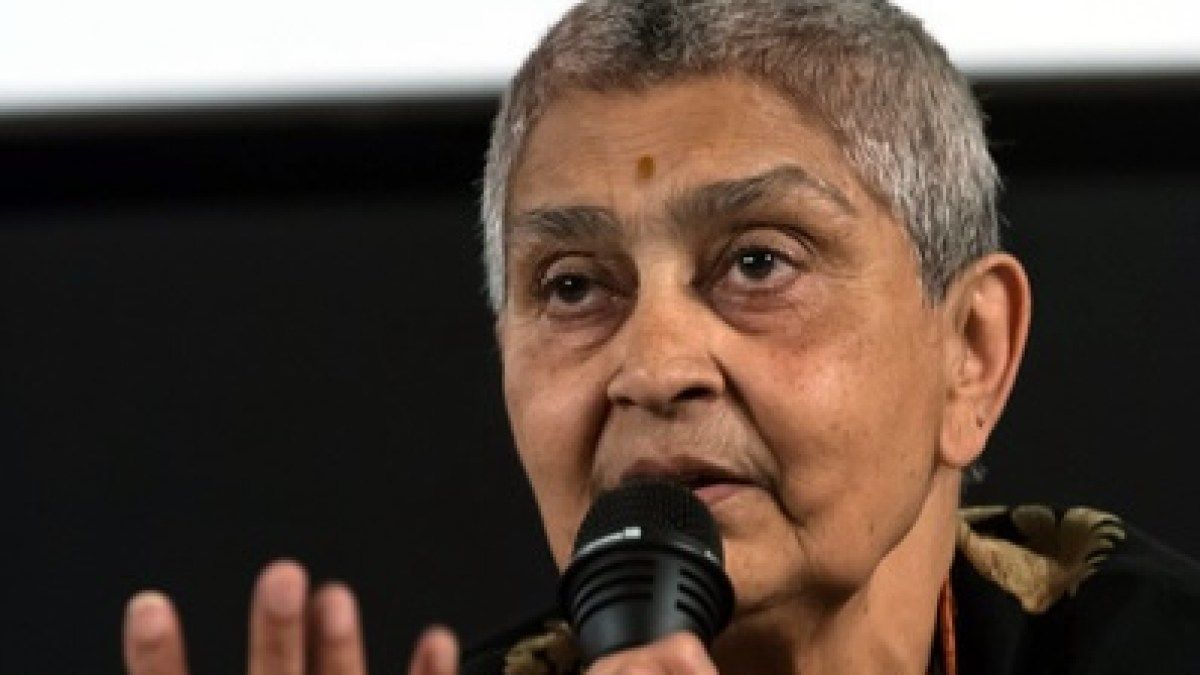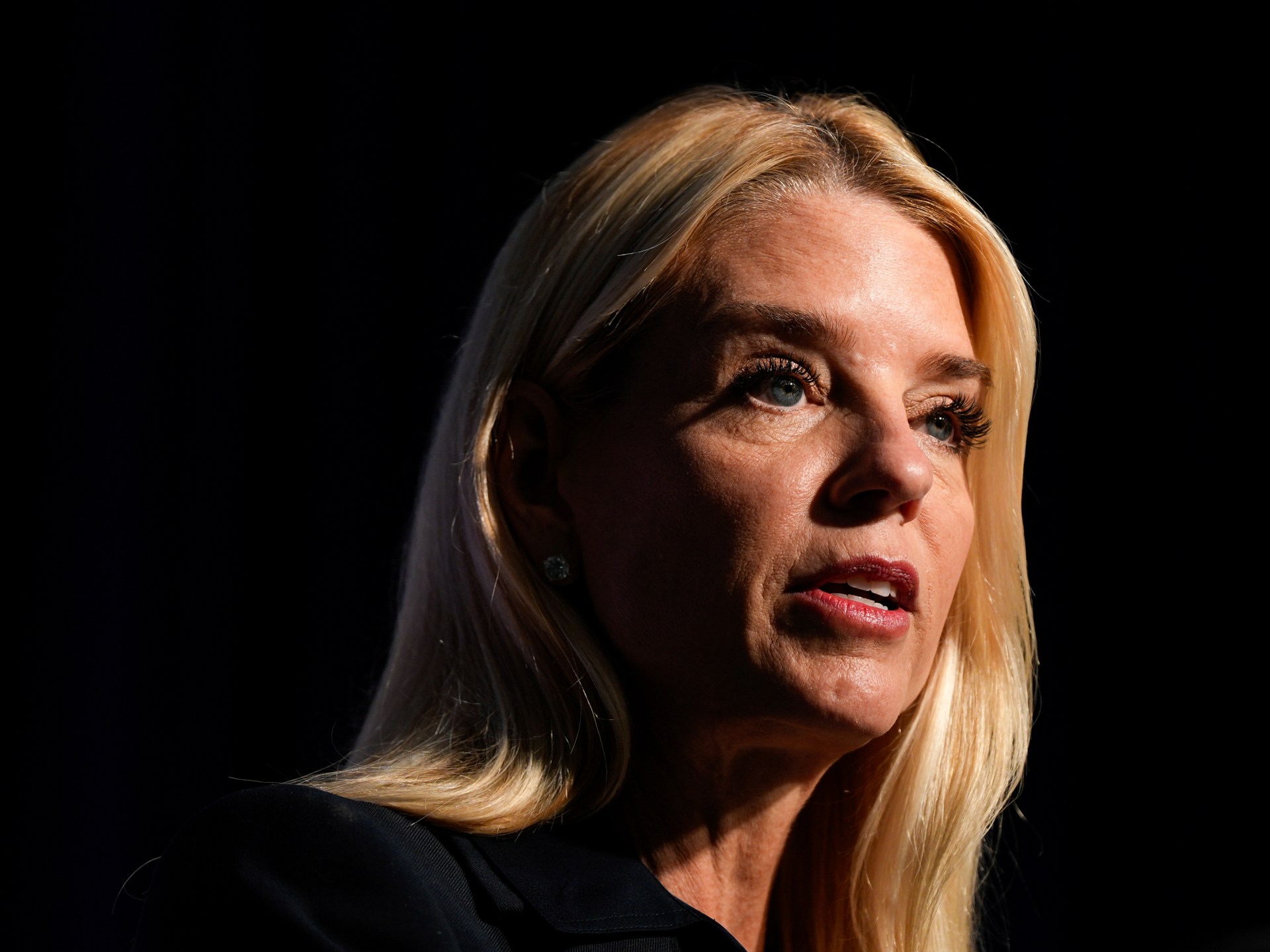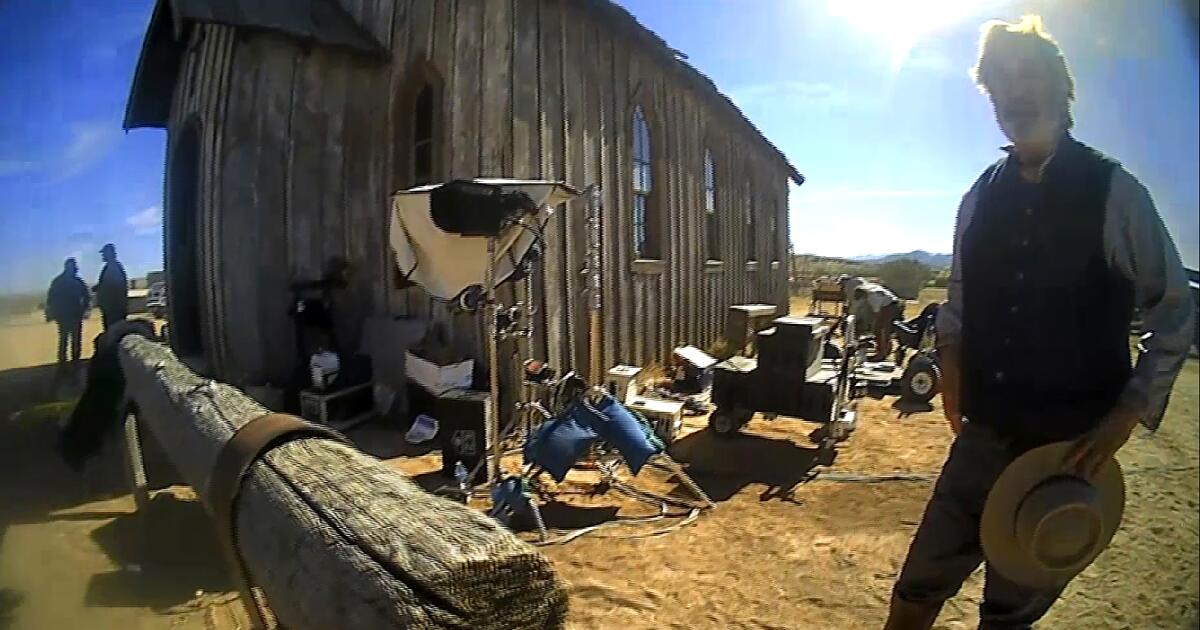Gayatri Chakravorty Spivak, the prominent postcolonial scholar and global public intellectual, is perhaps best known for her article “Can the Subaltern Speak?”, in which she argues that elite knowledge systems filter out subaltern voices (marginalized groups) in ways that even when the subordinate does speak, he is not heard. Now, Spivak's admonishment of a young academic for mispronouncing the name of African-American sociologist WEB Du Bois in a lecture he recently gave at Jawaharlal Nehru University (JNU) in New Delhi has caused an uproar for supposedly silencing the subaltern voice that she says value. . But it's more complicated than that.
Spivak's May 21 lecture on Du Bois's “vision of democracy” was intended to underscore the norms necessary for a more just democracy, one that prioritizes not individual interests (“my rights”) but the rights of “ other people”, especially those of the subordinate. When he was writing, Du Bois had oppressed and racialized black people in early 20th century America in mind, but what Spivak was implying was that his concerns could reasonably be extended to all marginalized people today (i.e., the poor, sexual and gender minorities). , Dalits, disabled, Palestinians, etc.).
Given Du Bois's status as a marginalized black-American scholar of Haitian origin, Spivak's lecture repeatedly returned to the importance of correctly pronouncing his name: Du Bois himself insisted on the pronunciation in English, not French: “dew- boys,” not “dew-bwah.”
But in the question-and-answer session that followed Spivak's talk (the video of which has gone viral) things got ugly. A graduate student, Anshul Kumar, attempted to ask Spivak a question about his own privileged status when talking about subalterns. But he couldn't complete his question because Spivak repeatedly interrupted him, first asking him who he was (to which he replied, “I am a founding professor of the Center for Brahmin Studies”), and then correcting him three times for his persistent mispronunciation of he. of Du Bois's name, reproaching him that he should know more as someone who does Brahmin studies.
Things deteriorated further when Kumar boldly accused Spivak of being a Brahmin (something she refuted) and then asked, “If this triviality is over, may I move on to the question?” Spivak responded: “I am an 82-year-old woman in public at her institution and you are rude to me.” At the president's signal, Spivak proceeded to answer another audience member's question without answering Kumar's.
An Internet storm broke out in the wake of this incident, with people siding with the students for being bullied and silenced or siding with Spivak for insisting on the pedagogical and political necessity of correct pronunciation. Kumar turned to . Can the subaltern speak?
Then, faced with the news that Kumar is a Dalit, Spivak felt the need to defend himself, stating that “Anshul Kumar had not identified himself as a Dalit.” [at the lecture]. Therefore, I thought he was a Brahminist, since he was saying that he was the founder of an Institute of Brahmin Studies… Like an old teacher confronting a student… my hurt comment that I didn't want to hear his question was a gesture of protest.”
The incident may seem like a storm in a teacup, but I believe it has important broader social and political implications. At one level, it appears as an illustration of the long-standing practice of “pronunciation politics,” under which social elites assert their dominance over the lower classes through language (“correct” diction, “polite” treatment). , “appropriate” accent). ). But the twist here is that Spivak's policy of speaking at the conference is intended to validate, not the power of the elite, but the subaltern voice: Du Bois's explicit desire to be recognized as a black Haitian-American. Whether deliberately or mistakenly, Kumar fails to appreciate this key point, as he would align politically well with his pro-subaltern and anti-Brahminical stance.
However, while Spivak can get away with the explicit political content of her message, we cannot forget the implicit power dynamics at play here. As a prominent and influential intellectual whose work (and word) is the focus of this event, she is positioned as an authority figure, making the most of it in her attempt to admonish the younger scholar, Kumar. At this implicit level, Spivak has set off her own petard, falling prey to the same dangers of the “dialogue of the deaf” that she warned against: elites ignoring and silencing the voice of the subaltern.
Admittedly, it may be debatable whether Kumar is the junior he claims to be: while he is a Dalit, he is also a graduate student at a prestigious, elite Indian university, JNU, a position reserved for a few. Spivak says it in a recent interview: “Subaltern and Dalit are not interchangeable words. The upwardly mobile Dalit person – and academia is an instrument of upward social mobility – should certainly use his newfound privilege to work for the entire Dalit community, especially for the subaltern Dalits, who do not enter elite universities.”
However, Kumar still occupied a subordinate position in the conference. And given Spivak's pro-subaltern politics, her rich experience as a university professor and primary teacher trainer (she has run schools for indigenous or Adivasi children in Bangladesh and India for some 40 years), wasn't it incumbent on her to involve your audience? With some respect and humility? Could she not have politely corrected the student's pronunciation and continued to engage with the content of her question? This is even more true given the circumstances: he had just finished a talk on Du Bois about how to be critically democratic, how to open oneself ethically to the other, regardless of their identity or position (why would Kumar have had to identify as a Dalit for Spivak to I heard it?).
In fact, to be true to that democratic norm of Du Bois, the very fact that the (implicitly) subordinate member of the audience was trying to challenge her (through his mispronunciation, his question) must be seen as a blessing, not a barrier. It should be seen as a revelation of a rejection from below, an anti-authoritarian ethic, the same ethic that requires encouragement and support if we are to work for a just democracy today.
The views expressed in this article are those of the author and do not necessarily reflect the editorial position of Al Jazeera.












